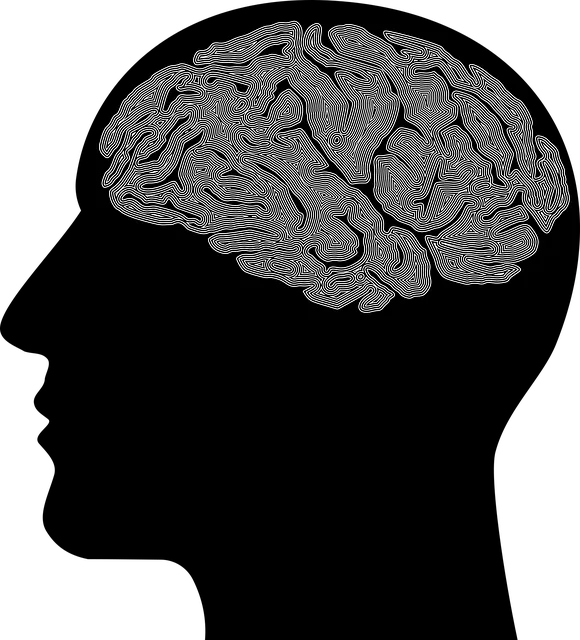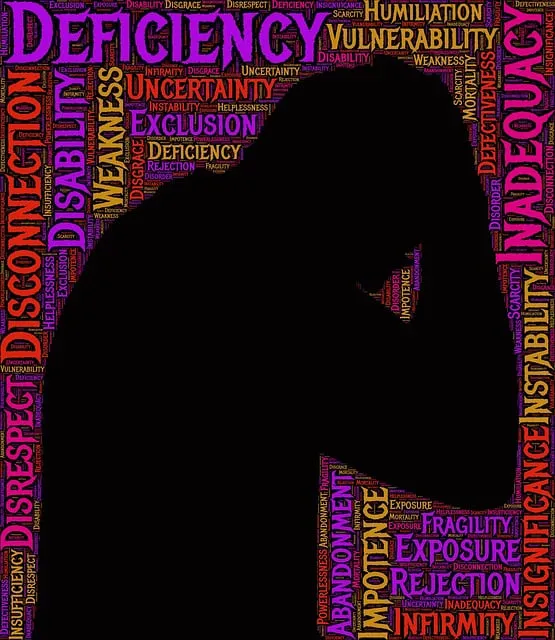Cultural sensitivity is crucial in ethical mental healthcare, ensuring services are accessible and effective for diverse backgrounds. The Littleton Kaiser Permanente behavioral health number acts as a key resource, offering tailored support through trained professionals who honor cultural identities. By integrating language translation, conflict resolution techniques, and inclusive education programs, they overcome barriers, reduce stigma, and adapt treatments to local contexts. This holistic approach strengthens the bond between healthcare providers and diverse communities, setting standards for inclusive environments and improving patient outcomes.
In today’s diverse society, cultural sensitivity is a cornerstone of ethical mental healthcare. Understanding and respecting cultural differences can significantly enhance patient outcomes. This article explores essential aspects of culturally sensitive practice, drawing on resources like the Littleton Kaiser Permanente Behavioral Health Number, a model for responsive care. We discuss strategies for professionals navigating cultural barriers and offer practical tips to foster inclusive environments, ensuring all patients receive respectful, effective treatment.
- Understanding Cultural Sensitivity: A Cornerstone of Ethical Mental Healthcare
- The Littleton Kaiser Permanente Behavioral Health Number: A Resource for Culturally Responsive Care
- Navigating Cultural Barriers: Strategies for Mental Health Professionals
- Fostering Inclusive Environments: Practical Tips for Effective Cultural Sensitivity in Practice
Understanding Cultural Sensitivity: A Cornerstone of Ethical Mental Healthcare

Cultural sensitivity is a cornerstone of ethical mental healthcare, ensuring that services are accessible and effective for individuals from diverse backgrounds. It involves recognizing and respecting differences in values, beliefs, traditions, and communication styles across cultures. In Littleton, Kaiser Permanente behavioral health services aim to foster an inclusive environment where every patient feels heard and understood. This approach goes beyond language translation; it requires mental health professionals to be mindful of unconscious biases and cultural nuances that can impact the emotional healing processes.
By integrating cultural sensitivity, healthcare providers contribute to reducing the stigma associated with mental illness across various communities. They learn to adapt their practices to meet the unique needs of different populations, offering evidence-based treatments that are sensitive to local contexts. Furthermore, this approach facilitates effective stress reduction methods tailored to individual cultural backgrounds, enhancing patient outcomes and overall well-being.
The Littleton Kaiser Permanente Behavioral Health Number: A Resource for Culturally Responsive Care

The Littleton Kaiser Permanente Behavioral Health Number serves as a vital resource for providing culturally responsive care in mental healthcare. This dedicated line offers a safe and accessible space where individuals from diverse cultural backgrounds can receive support tailored to their unique needs. Trained professionals answer calls, offering guidance on topics like Inner Strength Development, Crisis Intervention, and Social Skills Training, all while respecting and embracing the caller’s cultural identity.
By utilizing this service, healthcare providers can bridge the gap between cultural differences and mental health treatment, ensuring that every patient receives the highest quality of care. It enables a more inclusive approach, fostering trust and understanding, which is essential for effective therapy and healing.
Navigating Cultural Barriers: Strategies for Mental Health Professionals

Navigating Cultural Barriers requires mental health professionals to adopt sensitive approaches that respect and embrace diverse cultural backgrounds. Many patients from minority or immigrant communities face unique challenges, such as language barriers, stigma surrounding mental health, and limited access to culturally responsive care. Professionals must be proactive in addressing these hurdles. One effective strategy is to offer services in multiple languages, ensuring accurate communication and building trust.
Additionally, integrating Conflict Resolution Techniques and Stress Management Workshops can foster an inclusive environment. These initiatives promote understanding and coping mechanisms tailored to different cultural contexts. For instance, a Mental Health Education Program designed with an eye towards diversity can equip both staff and patients with knowledge and skills to navigate cultural differences. This holistic approach not only enhances patient outcomes but also strengthens the bond between healthcare providers and the communities they serve, exemplified by initiatives at Littleton Kaiser Permanente behavioral health number.
Fostering Inclusive Environments: Practical Tips for Effective Cultural Sensitivity in Practice

Creating inclusive environments is a cornerstone of cultural sensitivity in mental healthcare. To effectively implement this, professionals should strive for an atmosphere where every individual feels valued and respected. This involves actively listening to and incorporating patients’ cultural beliefs, traditions, and preferences into treatment plans. Simple yet impactful practices include offering multilingual resources, ensuring diverse staff representation, and providing culturally specific therapy options.
For instance, organizations like Littleton Kaiser Permanente behavioral health can lead by example by offering Social Skills Training and Mental Wellness Coaching Programs Development tailored to various cultural backgrounds. Moreover, integrating Coping Skills Development activities that acknowledge and respect unique cultural expressions can significantly enhance patient engagement and outcomes. By fostering an inclusive environment, healthcare providers not only improve access to care but also create a safe space for individuals to prioritize their mental wellness.
Cultural sensitivity is an indispensable aspect of ethical mental healthcare, ensuring that all patients receive respectful and effective treatment tailored to their unique cultural backgrounds. As highlighted by the success of the Littleton Kaiser Permanente Behavioral Health Number, providing resources for culturally responsive care significantly improves patient outcomes. Mental health professionals can navigate cultural barriers through strategic approaches and foster inclusive environments, thereby enhancing the overall quality of mental healthcare services. By embracing practical tips and leveraging available tools like the Littleton Kaiser Permanente resource, practitioners can better address diverse cultural needs, ultimately promoting positive mental health outcomes for all.






